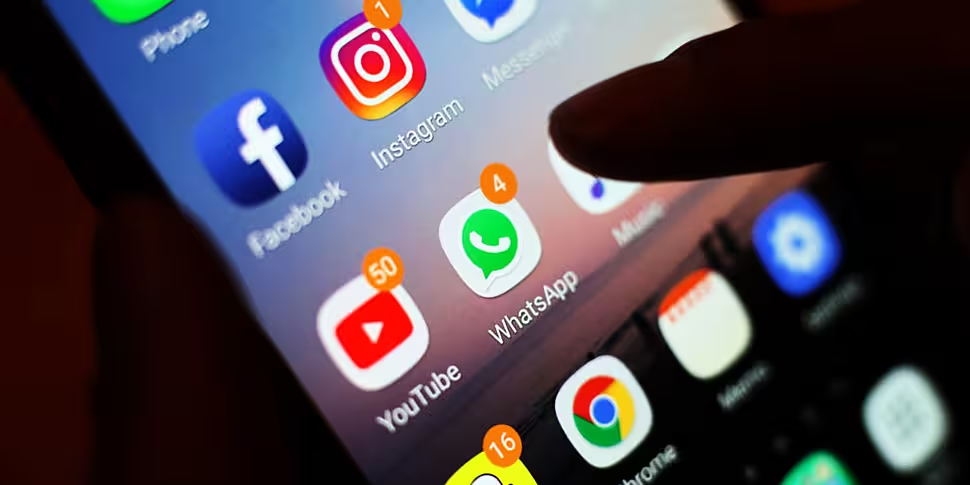In the era of clickbait and conspiracy theories, the internet has run rampant with disinformation.
Logging on can seem more like an exercise in futility in trying to avoid bogus stories and erroneous opinions.
So, how do we negotiate this minefield? How are we supposed to know if something is the truth or a conspiracy theory for instance?
On The Anton Savage Show, Orna Young, Executive Director of Fact Check Northern Ireland, explained how media consumers can differentiate fact from fiction.
Ms Young said that anyone can fall into the conspiracy theory trap, even those who consider themselves intelligent and savvy.
"There is a difference between conspiracy theories, and indeed conspiracy theorists, and simply questioning."
"It's good that people are open to different information and questioning things", she said.
"A conspiracy theory is something that's not based in reality and is based on, what we would term, outlandish plots and fictions. Basically, it can happen to all of us."
Ms Young said "people who are fearful" are more susceptible to believing these theories.
"We've seen that a lot over the last few years, indeed in terms of the pandemic, that people were trying to make sense of really complex issues."
"Often these theories, or this disinformation, provide really simplistic or I suppose black and white explanations for stuff that's really grey and complex."
Emotion and identity
She added that theories often have an "emotional pull", making them easy to remember or "sticky".
"If you're somebody who doesn't really trust the government or tends to be quite questioning in that way ... that kind of clash of emotion and identity are very tricky to navigate on the internet."
Conspiracy theorists have capitalised on the confusion and emotion provoked by the pandemic and other major events such as the outbreak of war in Ukraine.
"There's a lot of figures and individuals and groups that realise that these simplistic narratives will take hold and people are more likely to share them."
Spotting disinformation
Ms Young said that there are some "definite giveaways" people can look out for when trying to spot disinformation.
- Simplification of complex issues
- Lack of detail - "very generalised language"
- Cherry picking factual information - "there will often be a kernel of truth in there"
"The most important thing you can do on the internet at the moment is stop."
"Literally stop what you're doing, open another tab and have a check around what other people are saying."
Questions to ask
There are three things people should ask themselves when consuming information from the internet.
- Where is it from? - "Go and see where they've got their information. A quick Google will tell you a lot of what you need to know."
- What's missing? - "What information are they leaving out?"
- How does it make you feel? - "If something is provoking a strong response in you, it's often designed to do just that so that it will get more shares, more clicks."
"Those three things can often mitigate a lot of the harmful, or what we would call 'bad', information on the internet."
Listen to the full conversation here.









